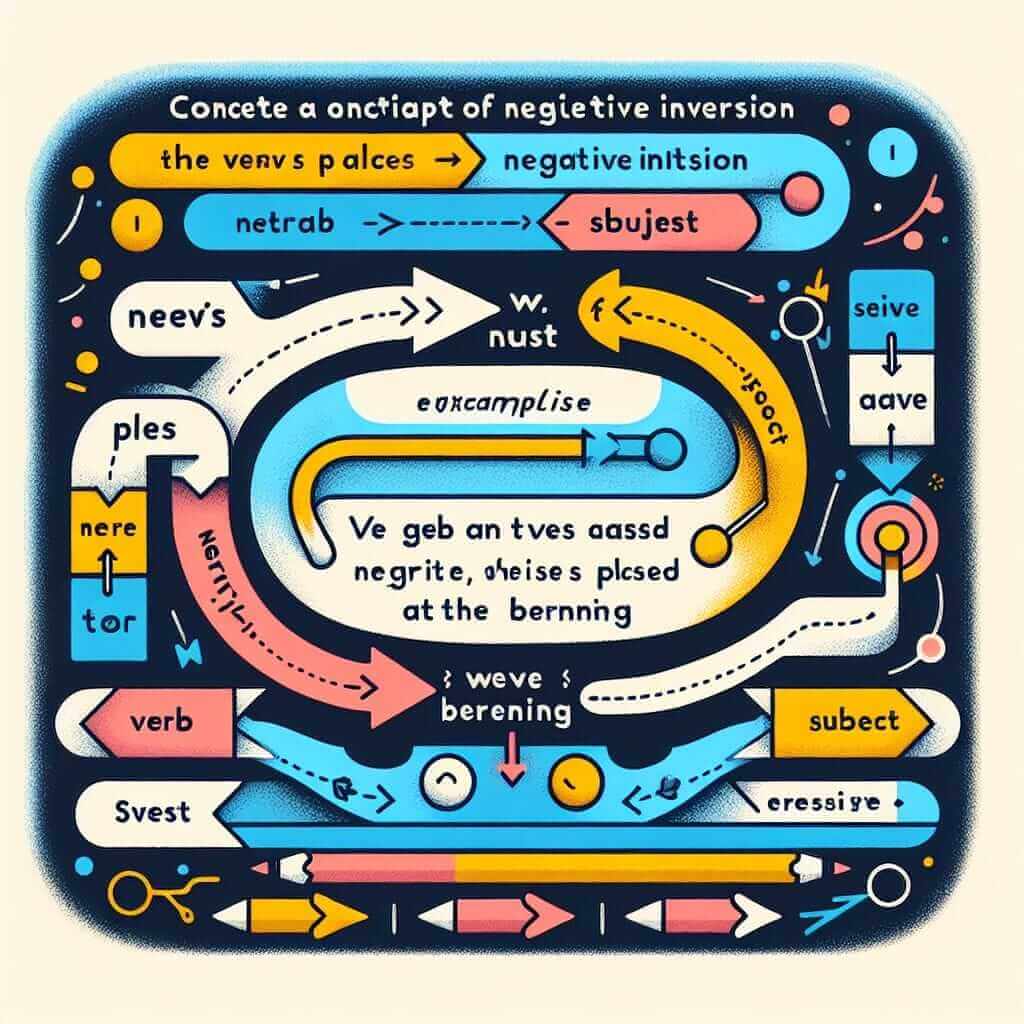The phrase “little did we anticipate the outcome” is an example of inversion. Inversion is a grammatical structure in English where the auxiliary verb comes before the subject. It is often used to add emphasis or create a more formal tone. While this structure might not be commonly tested directly in IELTS, understanding and using it correctly can significantly enhance your writing and speaking, showcasing a wider range of grammatical structures and contributing to a higher band score.
Here are a few examples of how inversion can be used in the IELTS exam:
Speaking:
- “Little did I know, I would end up living in this beautiful city.” (Speaking Part 2 – Describe a city you have enjoyed visiting)
Writing Task 2:
- “Rarely do governments invest enough in renewable energy sources.” (Discuss both views essay on government spending)
Writing Task 1:
- “Not only did the number of tourists increase, but also their average spending.” (Describing trends in a line graph)
Understanding “Little Did We Anticipate the Outcome”
The phrase “little did we anticipate the outcome” uses negative inversion. This structure is particularly useful for expressing surprise or unexpected events. It essentially means “We did not anticipate the outcome at all.” Using inversion in this way creates a more dramatic and emphatic tone than a simple negative sentence.
Frequency in IELTS
While not overly common, understanding inversions like this one can be beneficial for the IELTS exam:
- Reading: You might encounter such structures in reading passages, aiding in comprehension.
- Listening: Similar structures could appear in listening sections, testing your grasp of nuanced grammar.

Mastering Negative Inversion: Formula and Application
Here’s the formula for using negative inversion with adverbs like “little,” “rarely,” “never,” etc.:
Negative Adverb + Auxiliary Verb + Subject + Main Verb + …
Example:
- Little did they know the journey ahead would be so arduous.
Applying Negative Inversion
Let’s see how to apply this structure effectively in different sections of the IELTS:
Writing:
-
Original: The government did not expect such a strong reaction from the public.
-
Inversion: Little did the government anticipate such a strong reaction from the public.
This adds emphasis to the unexpected nature of the public’s response, making your writing more impactful.
Speaking:
-
Original: I had no idea that learning a new language would be so rewarding.
-
Inversion: Little did I know how rewarding learning a new language would be.
This sounds more natural and sophisticated in spoken English, demonstrating a strong command of grammar.
Model Answers with “Little Did We Anticipate…”
Here are examples of how to integrate the structure naturally into IELTS responses:
Speaking Part 2:
Describe a time you experienced an unexpected outcome.
“We decided to try a new restaurant for my friend’s birthday. Little did we anticipate the disastrous service and underwhelming food. It turned out to be a birthday dinner we’d all rather forget!”
Writing Task 2:
Some people believe that technology has made our lives easier. Others argue that it has made our lives more complex. Discuss both views and give your own opinion.
“While the internet promised a world of information at our fingertips, little did we anticipate the overwhelming influx of data and the constant struggle to stay informed. This constant bombardment of information has, arguably, made our lives more complex…”
Reaching Higher Bands: Similar Structures
To further enhance your grammatical range, consider these structures similar to negative inversion:
- Only + Adverb + Auxiliary + Subject + Verb: “Only then did I realize the importance of education.”
- Not until/only when + Clause + Inversion: “Not until I started working did I appreciate the value of time management.”
Common Errors and How to Avoid Them
-
Incorrect Verb Form: Ensure the main verb tense agrees with the context.
- Incorrect: Never have I seen such beauty. (Present perfect needed for experience)
- Correct: Never have I seen such beauty.
-
Overuse: Use inversion sparingly for emphasis. Too much can sound unnatural.
Conclusion
Mastering inversion, including structures like “little did we anticipate,” can significantly enhance your grammatical range in the IELTS exam. By understanding the formula and practicing its application, you can make your writing more engaging, demonstrate greater control over grammar, and boost your overall band score. Remember to use it judiciously and avoid common errors to maximize its impact.